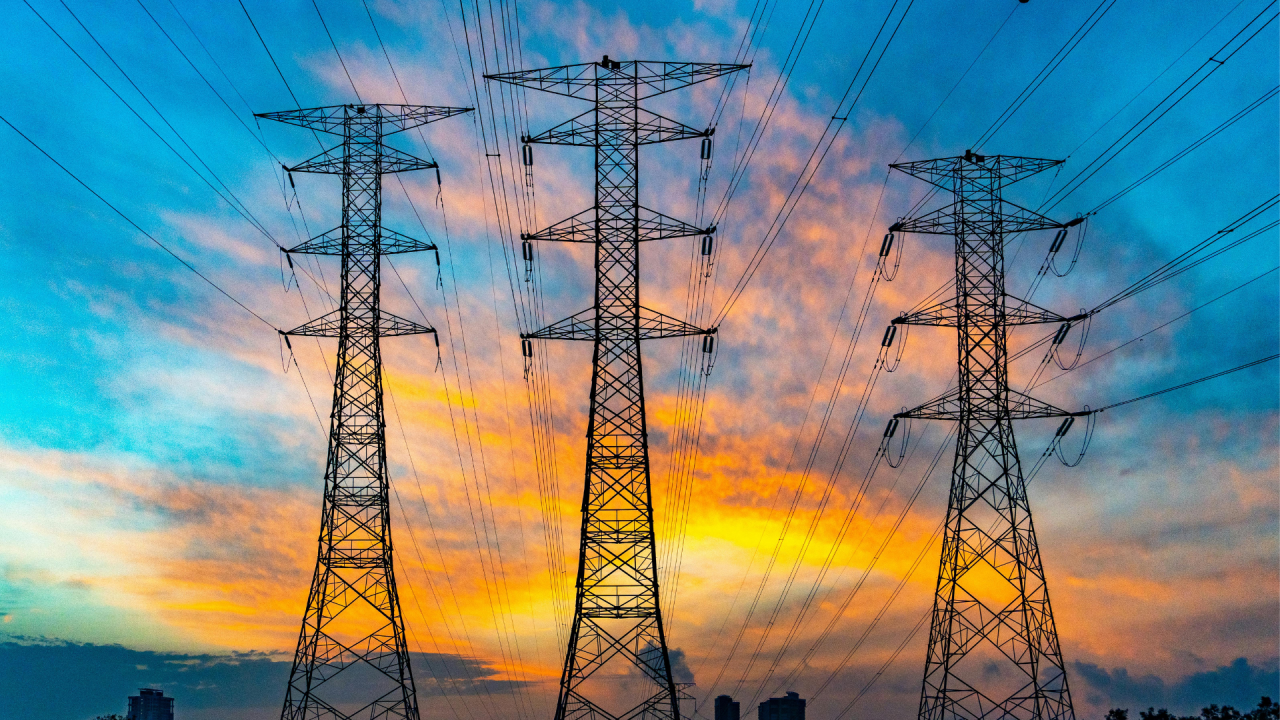

Energy Efficiency & Optimization


Sustainability & Climate Action
When NATO brought together global leaders to confront the future of energy security, it marked a turning point for every organization, regardless of industry or geography. The conversation in that room was not theoretical. Energy, risk, and security have become so intertwined that traditional planning is not holding up anymore.
On July 2nd, 2025, 360 Energy was one of just 27 industry leaders invited to present to NATO on the topic of energy. This was the rare kind of meeting that forces a total re-evaluation of what you think you know, and after reflection, I believe the meeting was one of the most important of my career.
The discussions that unfolded in that room will shape the next era of energy strategy for businesses and governments alike.
Over 29 years in energy consulting, I’ve seen firsthand how critical decisions get made; decisions that shape markets, industries, and entire economies. I’ve presented strategy to C-suite leaders at Fortune 500 companies across automotive, steel, food, and agribusiness, and helped guide emerging sectors like greenhouse agriculture as they’ve reinvented their operations.
At 360 Energy, my work has extended beyond individual companies. I’ve partnered with leading industry associations, including Canadian Manufacturers & Exporters and Chambers of Commerce, to help shape policy and sector strategy. Our expertise has been called on by energy agencies, ISO standards organizations, and regulators responsible for the frameworks governing billions in economic activity. On the policy front, I’ve briefed provincial energy ministers in nearly every major jurisdiction across Canada, as well as federal ministers and senior officials at Natural Resources Canada.
Each of these experiences offered new lessons in leadership, risk, and the dynamics that drive our economy forward. Yet nothing had prepared me for the fundamental shift in thinking I encountered during recent discussions with international energy and security experts about energy infrastructure transformation.
Here's what fundamentally changed my understanding of the business landscape: while energy security has indeed become the overriding consideration in infrastructure planning, the solutions are far more sophisticated than simply producing more fossil fuels.
Modern energy security requires a multi-layered approach that addresses three critical vulnerabilities simultaneously:
Executives of companies with expansion plans are being told they cannot access additional energy (both power and natural gas) capacity. The energy grid simply cannot support growth in many regions. Manufacturing facilities, greenhouses, data centers, and industrial operations are facing expansion delays not because of market conditions or financing, but because the electrical infrastructure cannot meet their needs.
This issue isn’t specific to any one business, community or country; rather, it is a preview of what's coming across North America and around the world. Businesses that depend on centralized grid infrastructure are increasingly vulnerable to:
Here's the critical insight every business leader must grasp: Seeing energy as an operational expense is a hindrance to their organization. Energy is an untapped strategic resource that can either sap a company's strength or drive its viability.
Many organizations are hemorrhaging profitability due to ineffective energy procurement strategies and/or energy inefficiencies they don't even realize exist. They're vulnerable to disruptions they haven't planned for. They're missing opportunities to generate revenue from energy assets they already own or could develop.
While competitors remain dependent on vulnerable centralized systems and face expansion constraints, organizations that take control of their energy infrastructure will gain unprecedented competitive advantages:
The current energy ecosystem of utilities, regulators, and traditional energy providers lacks the capacity, awareness, and urgency required for this transformation. That limitation will devastate organizations that continue to depend on vulnerable, centralized energy systems.
Smart organizations are already recognizing that energy security is a competitive necessity. These advanced organizations are implementing:
What I learned is that we are at the beginning of the most significant infrastructure revolution in modern history.
The organizations that thrive in the next decade will not be those with the lowest energy costs, instead they will be the organizations with the most resilient, independent, and intelligent energy systems.
The critical questions every business leader must answer:
July 2nd, 2025, was the day my opinions were validated in that we are no longer solely energy advisors. I realized we weren't just energy advisors anymore. We assist organizations in preparing for the future where energy security determines organizational survival and competitive advantage.
The choice is yours: Will you take control of energy as your organization's next strategic resource, or will you remain vulnerable to forces beyond your control?
We would be happy to discuss this further with you to help your organization secure its position by making energy an asset rather than a liability.
Status:
OG Link:
Notes: